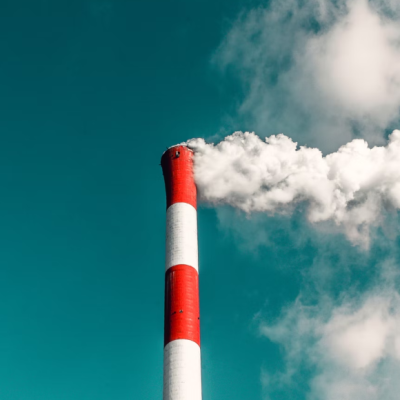Science Shop
Advertisement
Moderate Coffee Consumption Reduces Mortality
- By Geert Devenster
- . June 9, 2022
Coffee Reduces Risk of Heart Disease and Mortality, Study Finds A recent study conducted by the Southern Medical University based on health data from the

Radioactivity Revealed in Hackmanite’s Color Change
- By Geert Devenster
- . June 9, 2022
Hackmanite, a silicate mineral, changes color when exposed to radioactive radiation, making it a potential base for eco-friendly dosimeters used in medicine. Researchers at the

Instant Radiation Therapy Kills Tumor
- By Geert Devenster
- . June 8, 2022
In Germany, cancer is the second leading cause of death, with over 239,000 people dying from the disease in 2020. Despite significant progress in cancer

Sustainable Batteries from Lobster and Crab Shells
- By Geert Devenster
- . June 8, 2022
Chitin, a substance found in the shells of crustaceans like crabs and lobsters, can be used to produce an electrolyte substance for sustainable batteries. With

Wirelessly Transmit Power 30 Meters with Infrared Laser
- By Geert Devenster
- . June 8, 2022
A new technology has been developed that allows smartphones to be charged wirelessly over a distance of up to 30 meters. The system uses an

Deciphering 4,000-year-old cuneiform script
- By Rolf Lewis
- . June 8, 2022
In a groundbreaking discovery, Linear Elamite, a cuneiform script used by the Sumerians in present-day Iran, has been deciphered for the first time. However, doubts

Radiation from mobile phones doesn’t affect cancer risk.
- By Geert Devenster
- . June 5, 2022
A recent long-term study has shown that mobile phone usage does not increase the risk of cancer. However, the study did not include the new

Coffee consumption reduces mortality risk
- By Geert Devenster
- . June 5, 2022
Regular coffee consumption, both sweetened and unsweetened, has been found to significantly reduce the risk of mortality. However, this positive effect is not present in

3D-Printed Ear from Own Cells
- By Geert Devenster
- . June 5, 2022
In a groundbreaking medical achievement, a woman with a congenital ear deformity has received a new ear made from her own cells using a 3D

Stop Emissions Now to Accelerate Global Warming
- By Geert Devenster
- . June 5, 2022
A new study by scientists at the University of Washington has found that an immediate halt to all human-made greenhouse gas emissions would initially accelerate









